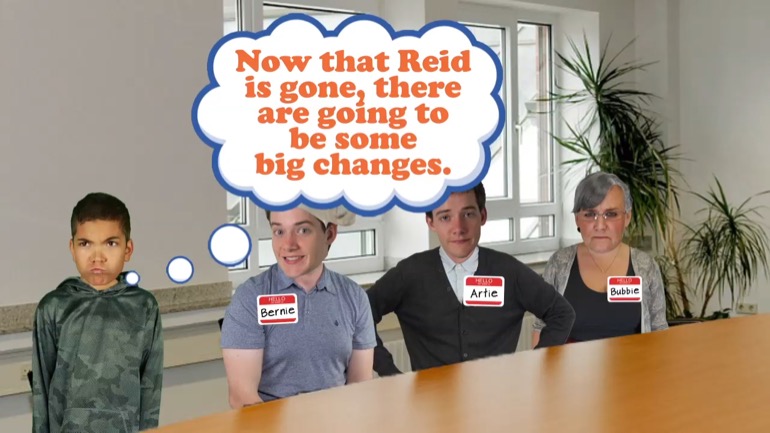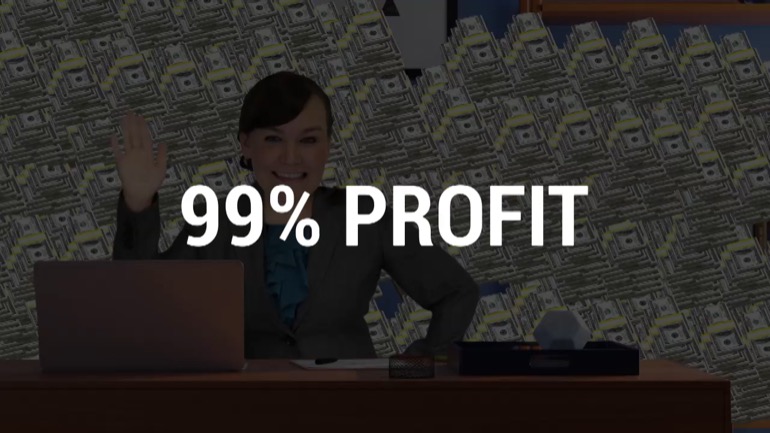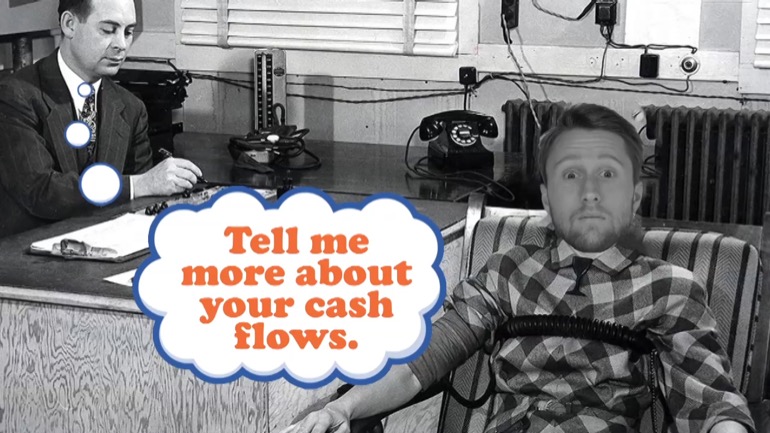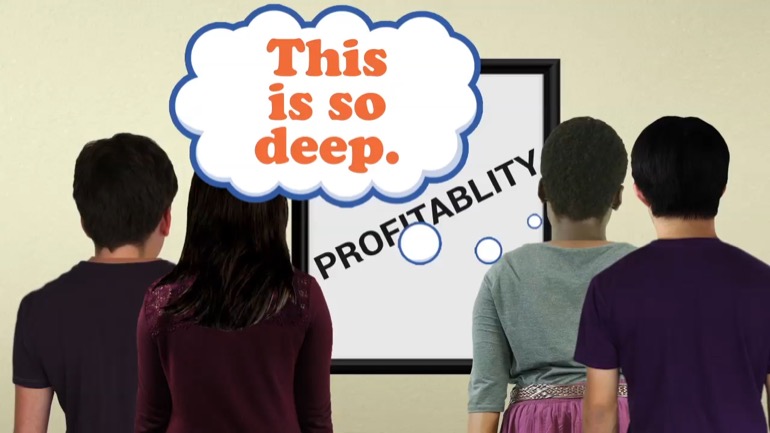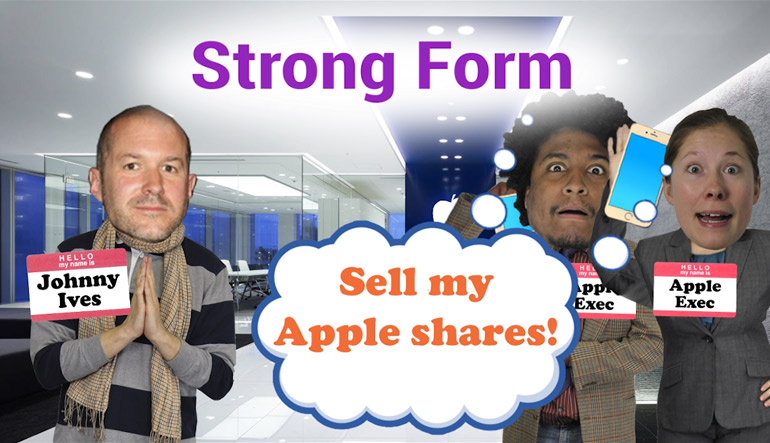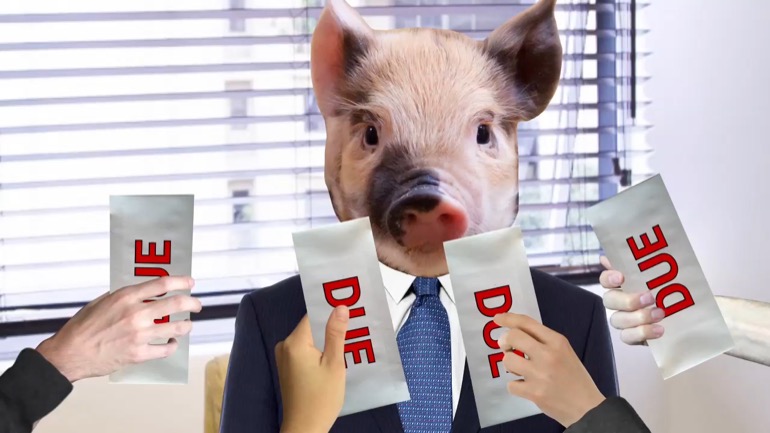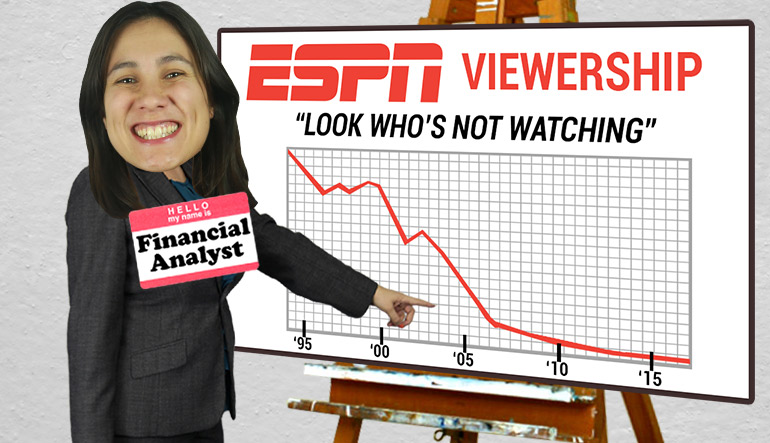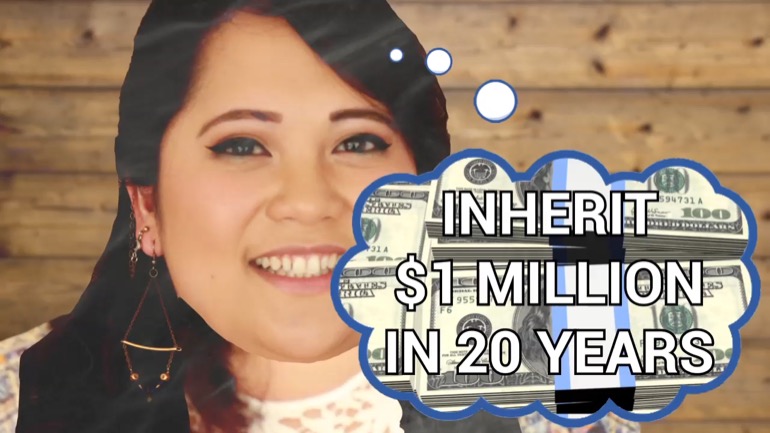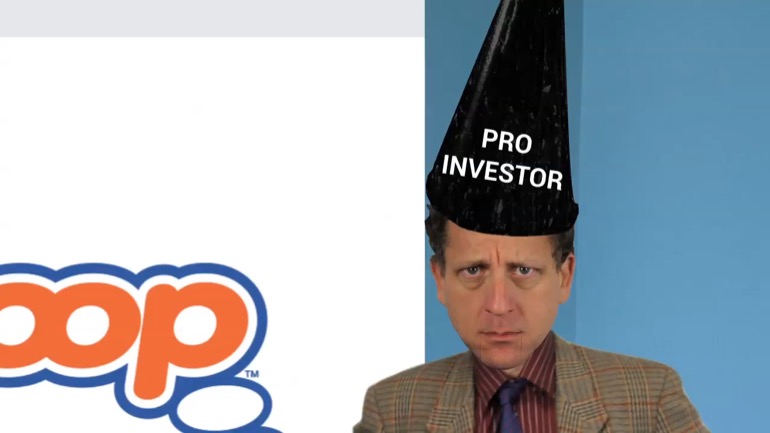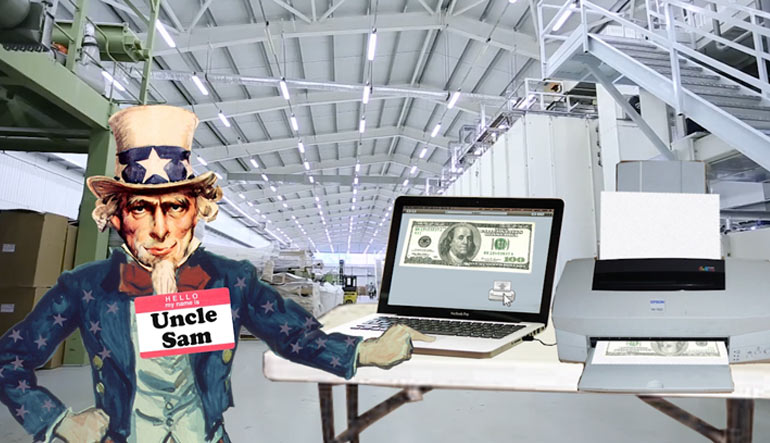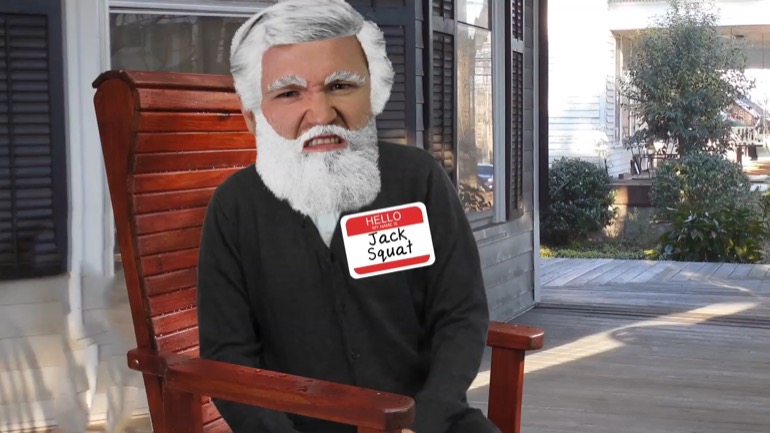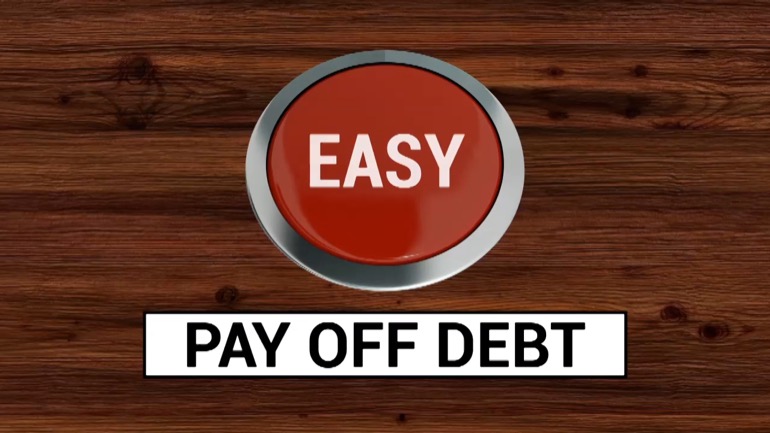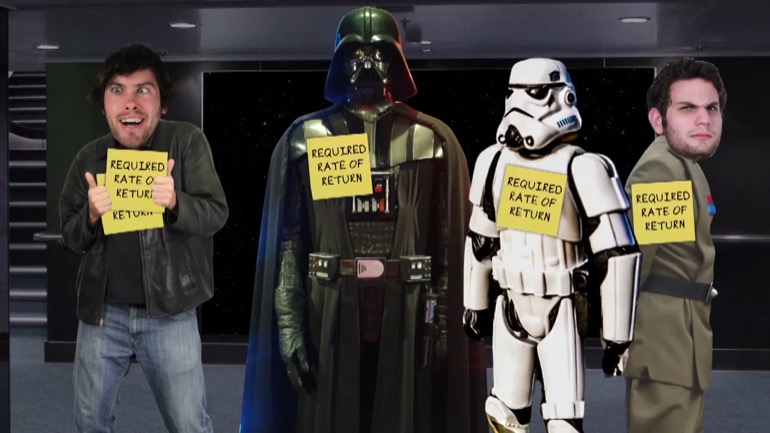ShmoopTube
Where Monty Python meets your 10th grade teacher.
Search Thousands of Shmoop Videos
Principles of Finance Videos 156 videos
Okay, so you want to be a company financial manager. It's basically up to you to make money for the shareholders. It would also be swell if you mad...
How is a company... born? Can it be performed via C-section? Is there a midwife present? Do its parents get in a fight over what to name it? In thi...
What is an income statement, and why do we need it in our lives? Well, let's take a look at an income statement for Year 1 of the Sauce Company, an...
Principles of Finance: Unit 3, When Are Revenues Revenues? 28 Views
Share It!
Description:
Revenue is the money you take in from selling your product or service. But... what about when there are exchanges? Returns? Bounced checks? Counterfeit fivers?
Transcript
- 00:00
principles of finance a la shmoop. when are revenues revenues? okay you own
- 00:07
the simplest lemonade stand in the world. you sell drinks only for cash and for $1 [lemonade stand pictured]
- 00:12
a drink. at the end of each day you add up the number of dollar bills in your
- 00:17
shoe box and you call that revenues. and that would be accurate and a good way of
- 00:21
accounting for your revenues but what if you guaranteed people that if they
Full Transcript
- 00:25
bought the drink and didn't feel happy for at least the next 30 days to get
- 00:31
their money back. can you still recognize that dollar in
- 00:34
your shoe box as revenue? no .ha. you have to wait 30 days .those dollars are a [dollar bills on a table]
- 00:39
buffer against the liability of people returning to you 29 days later noting
- 00:45
that they aren't happy Daffy and wanting their dollar back. right well that noted
- 00:49
after 30 days I young the 31st day after the last sale you can in fact then
- 00:53
recognize that dollar of sales as revenue. sound goofy ?well in fact he
- 00:59
wants great Microsoft Corporation did the above with guarantee on their
- 01:02
operating systems in the mid-1990s. in essence so that they didn't have to
- 01:06
recognize revenues right away and their guarantee was for almost a yea.r
- 01:11
oh why on earth would a company do that on purpose? like who's gonna return an
- 01:15
operating system for a money-back guarantee when there were no other
- 01:18
options and really no other way to run your computer if you didn't have one.
- 01:22
well at the time Microsoft had a monopoly on the operating system [woman folds arms behind a counter as someone pitches the new operating system to her]
- 01:25
business. Microsoft did it to make their company purposely look less profitable
- 01:31
they were worried about government anti-monopoly regulators raining on
- 01:35
their parade, and they wanted to defer taxable income to you know smooth
- 01:40
earnings and pay less taxes, knowing that business wouldn't always be oh so
- 01:44
awesome and that they could probably use those deferred revenues for a rainy day
- 01:48
someday. well eventually it rained so hard on
- 01:51
Microsoft they more or less drowned, and a judge chastised them for being too
- 01:56
conservative in their accounting. rare phenomenon almost first time in history
- 02:00
that's ever happened, but it happened. well the broader point is that revenues
- 02:03
aren't always revenues in the real world and there are lots of ways of capturing
- 02:07
them. all right let's say your lemonade stand took credit cards and you set up a
- 02:12
deal with Visa and MasterCard they took a nickel for each sale of a [credit card swiped]
- 02:15
dollar that you made, yes we're vastly oversimplifying here but just go with us.
- 02:19
when you report revenues do you report a dollar and then have a nickel of cost
- 02:23
always? or do you report ninety five cents as your revenues? well in this case
- 02:27
you report a dollar and just deal with credit card processing costs as an
- 02:31
expense line-item forever. why? because if you didn't it would cloud things. one
- 02:37
could then ask why do some lemonade sell for a dollar and others sell for 95
- 02:43
cents? like some people paid cash some paid credit cards. Ever note that a lot of
- 02:46
restaurants and other small businesses charge you extra if you charge like Visa
- 02:52
or MasterCard versus just paying them in cash? well it's clear accounting to show [payment policy document shown]
- 02:56
your work. at least in this case but here's another rub eBay offers a bunch
- 03:00
of merchandise for sale in its garage sale like environment. it sells a
- 03:05
slightly used six thousand dollar hot tub for fifteen hundred bucks but eBay
- 03:10
doesn't own the hot tub that's getting sold. they're just the listing agent
- 03:14
behind the sale for which they take a commission. call it five percent in this
- 03:18
case that would be seventy five bucks for the tub. and yes again we're vastly
- 03:22
over simplifying here but go with us .so E Bay report fifteen hundred as revenues
- 03:26
or seventy five while in reality it reports both but former is reported as
- 03:30
gross merchandise, not that gross and then they more or less well ignore the
- 03:35
numbers and the rest of their income statement. why would eBay do this ?because
- 03:38
gross merchandise is a very good proxy or indicator of future commissions [Teddy bear put in a box]
- 03:44
likely coming eBay's way. it's also good as a check point for what the commission
- 03:49
rates actually were. like if you're an ebay powerseller you'll know that real
- 03:53
commission prices are all over the map and higher rates would be an indicator
- 03:56
that eBay has more power with the selling community. one other perspective
- 04:00
is worth thinking about here people. after a seventy five dollar sale eBay
- 04:03
has a bunch of costs keeping the website up ,lawyers tracking fig bars for the
- 04:08
snack area and so on. so on that $75 sale eBay might have twenty five dollars in
- 04:13
pre-tax profits. well on seventy five bucks of revenues twenty five dollars in
- 04:17
pre-tax profits is a thirty three percent margin business. pretty high
- 04:21
margin business and it kinda fits in with the margin structure
- 04:25
of other analogous software companies. well how weird would it have been to
- 04:30
have shown $1500 as revenues and then show $25.00 in pre-tax profits. you go [ebay income statement shown]
- 04:36
from a 33% margin business to being uh what is that about 1.7 percent margin
- 04:41
business well whenever you see oddball numbers like this listen to your dark
- 04:47
side. ya know at the time of eBay's IPO there were a lot of commerce companies
- 04:53
out there who had no real earnings or no prayers of ever having them.
- 04:57
how were they valued by savvy Wall Street investors well just as a multiple
- 05:01
of revenues so if you showed hugely high revenues, well then relative to lemonade
- 05:07
stand.com you were cheap according to Wall Street standards in reality eBay
- 05:11
actually had real earnings or profits over time and didn't need the on a
- 05:16
revenue multiple basis worth cheap that sleazy marketing things that a lot of
- 05:21
companies adopted. yeah karma it's alive. all of those companies now are long dead
- 05:27
and buried. [headstone pictured]
Related Videos
GED Social Studies 1.1 Civics and Government
What is bankruptcy? Deadbeats who can't pay their bills declare bankruptcy. Either they borrowed too much money, or the business fell apart. They t...
What's a dividend? At will, the board of directors can pay a dividend on common stock. Usually, that payout is some percentage less than 100 of ear...
How are risk and reward related? Take more risk, expect more reward. A lottery ticket might be worth a billion dollars, but if the odds are one in...







